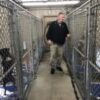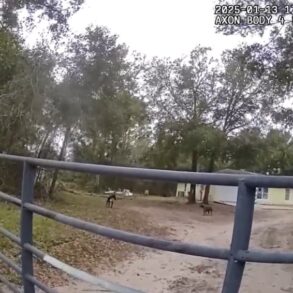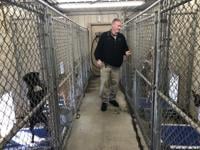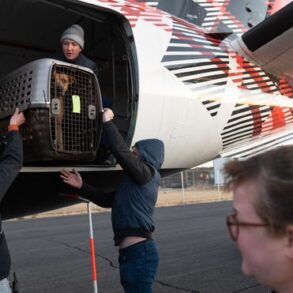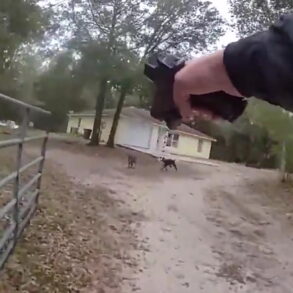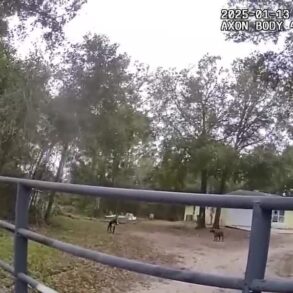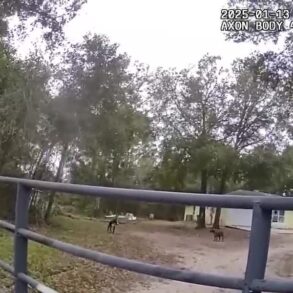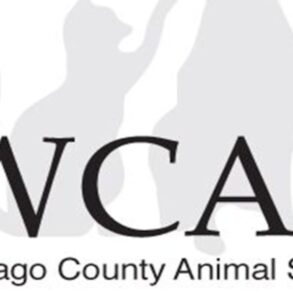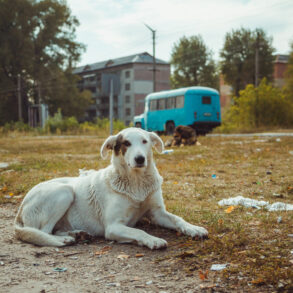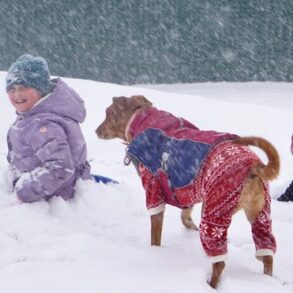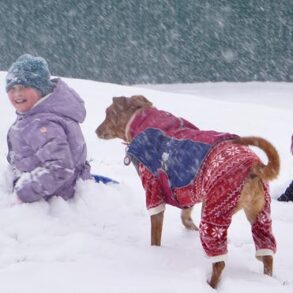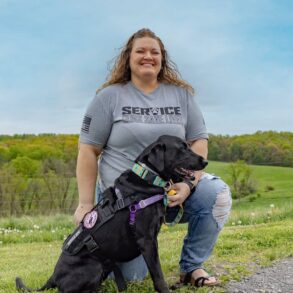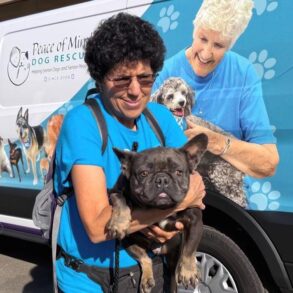Photo: Louis-Photo/Adobe Stock

A study conducted by a group of researchers at Pennsylvania State University (Penn State) has revealed that household dogs are an overlooked transmission source for zoonotic pathogens like nontyphoidal Salmonella. According to the study’s authors, given the close contact between dogs and humans, along with the use of “critically important” antibiotics in companion animal medicine, household dogs pose a risk for spreading antimicrobial-resistant Salmonella.1
As Salmonella bacteria have adapted to survive antibiotic treatment, the public health concern associated with these antibiotic-resistant bacteria has grown in recent years, according to a Penn State report.2 Humans can contract Salmonella through contact with infected people or animals, such as coming into accidental contact with feces when stroking a pet or touching a person’s hand. Ingesting food contaminated with the bacteria is another route of infection.2
Although Salmonella infections in dogs can be clinical, Erika Ganda, PhD, DVM, BBA, assistant professor of food animal microbiome at Penn State College of Agricultural Sciences, and team leader for the study, explained that numerous studies have reported Salmonella isolation from clinically healthy dogs, according to Penn State.2 Because humans and canine companions are often in close proximity, a major concern is the increased risk of Salmonella zoonosis.
The study used current biosurveillance infrastructure to investigate antimicrobial-resistant Salmonella and the zoonotic potential of nontyphoidal Salmonella isolated from dogs and humans. Researchers analyzed strains from the FDA’s Veterinary Laboratory Investigation and Response Network, identifying 87 cases of nontyphoidal Salmonella from domestic dogs between May 2017 and March 2023.
Consequently, the team matched these cases with strains isolated from humans from the National Institute of Health’s National Center for Biotechnology Information database and found 77 suspected zoonotic cases, consisting of 164 strains, collected from 17 US states.1
The strains from dogs were diverse, consisting of a range of serovars—distinct variations of Salmonella—according to the researchers.1 Most strains were “clinically relevant to human health.”1
“All strains possessed [antimicrobial-resistant] determinants for drug classes deemed critically or highly important by the World Health Organization. We identified sixteen [nontyphoidal Salmonella] isolates from humans closely related to ≥1 of six dog-associated strains,” wrote the study’s authors.1
“Collectively, our data emphasize the importance of antimicrobial stewardship and sustained biosurveillance beyond human and agriculture-associated veterinary medicine, using a ‘One Health’ framework, that accounts for all transmission points—including companion animals. One Health is an approach that recognizes that the health of people is closely connected to the health of animals and our shared environment,” Sophia Kenney, a student in the molecular, cellular and integrative biosciences doctoral program and in the department of animal science, leader of the study, said in the report.2
As Kenney explained in the report, antimicrobial stewardship in companion animal veterinary medicine is essential for combating antimicrobial resistance within the One Health framework.2 “Especially with Salmonella, we think about the role of agriculture and transmission—we think about eggs, we think about beef. But the thing is, we don’t let cows sleep in our beds or lick our faces, but we do dogs,” she said.2 “We have this close bond with companion animals in general, and we have a really close interface with dogs. So, we asked the question: What’s the role of companion animals in transmission of zoonotic disease like Salmonella, since they can get it. Salmonella infections in dogs are not common but we’re aware of foodborne outbreaks related to pet treats or from contact with contaminated pet food and improper food handling.”
The chances of infection can increase from improper food handling, food contamination, and other related pet-management decisions.2 Most recently, the puppy food Blue Ridge Beef Puppy Mix 2 lb bag was voluntarily recalled on December 2, 2024, due to Salmonella contamination.3 A report about a litter of sick puppies led the Virginia Department of Agriculture and Consumer Services to uncover the contamination.3
According to the researchers, a greater awareness of the risks pet dogs pose in spreading antimicrobial-resistant Salmonella, as well as proper hygiene could help reduce the likelihood of cross-species infections, the Penn State report noted.
“…simple hygiene practices such as hand washing are needed to protect both our furry friends and ourselves—our dogs are family but even the healthiest pup can carry Salmonella,” study coauthor Nkuchia M’ikanatha, lead epidemiologist for the Pennsylvania Department of Health and an affiliated researcher in Penn State’s department of food science said in the report.2
“Salmonella is a quintessential human microbe, its presence intertwined with our history since the dawn of agriculture. Emerging research suggests this pathogen may have shadowed humanity for some 10,000 years, coinciding with the rise of animal domestication. With nearly 40% of Pennsylvania households and over half of the United States homes including dogs, we must respect the enduring threat of Salmonella and remain vigilant in preventing its spread within our families,” he continued.2
References
- Kenney SM, M’ikanatha NM, Ganda E. Antimicrobial resistance and zoonotic potential of nontyphoidal salmonella from household dogs. Zoonoses and Public Health. Published online November 15, 2024. doi:10.1111/zph.13174
- Mulhollem J. Pet dogs often overlooked as spreader of antimicrobial-resistant Salmonella. Penn State University. December 23, 2024. Accessed January 14, 2025. https://www.psu.edu/news/research/story/pet-dogs-often-overlooked-spreader-antimicrobial-resistant-salmonella
- Voluntary recall is issued for puppy food. dvm360. December 4, 2024. Accessed January 14, 2025.
This post was originally published on this site be sure to check out more of their content.


